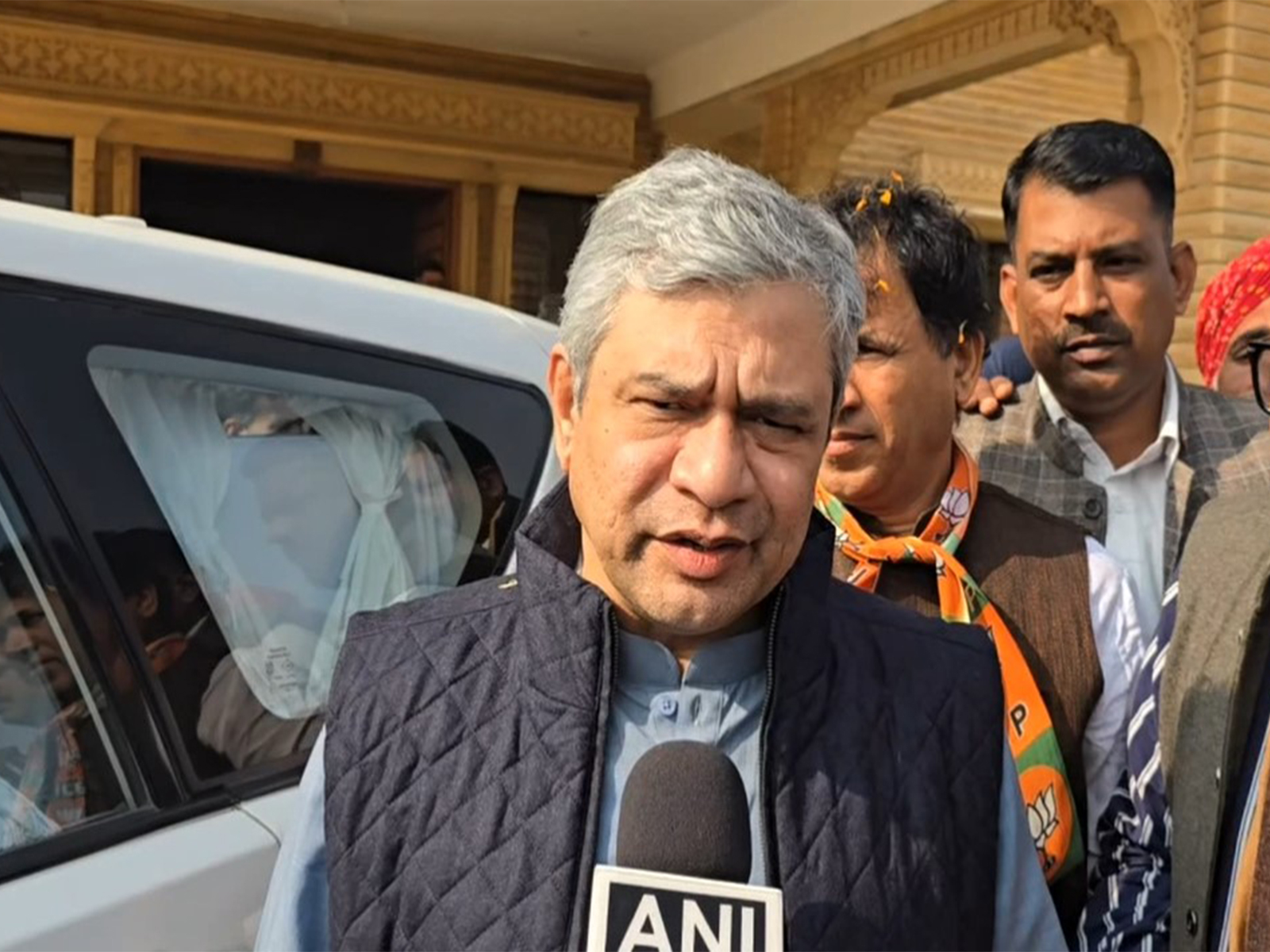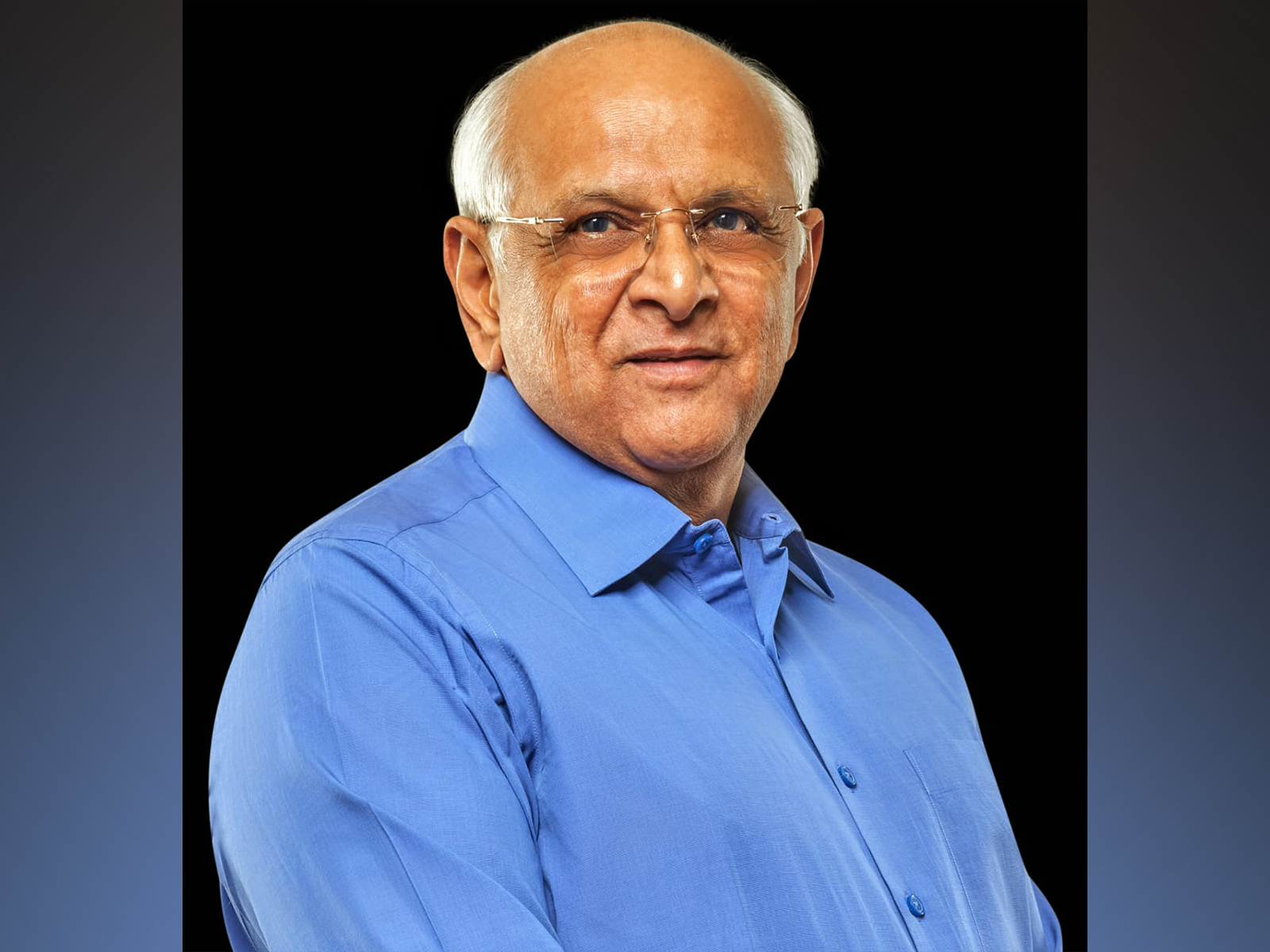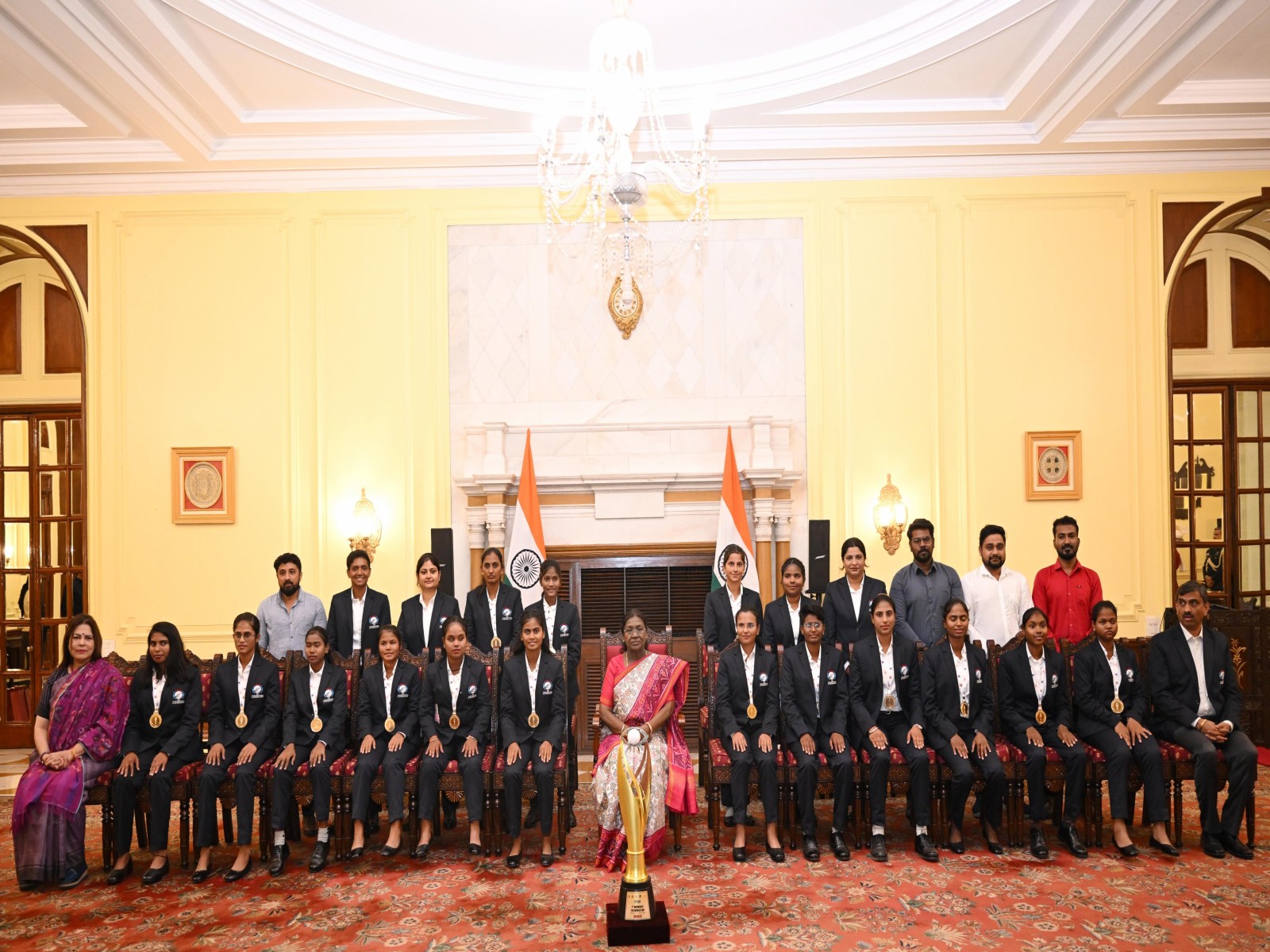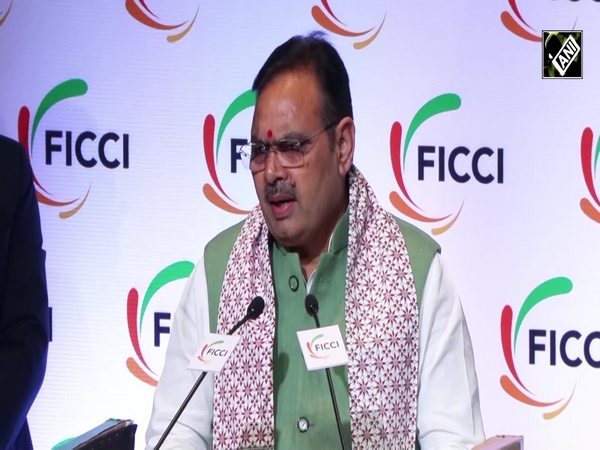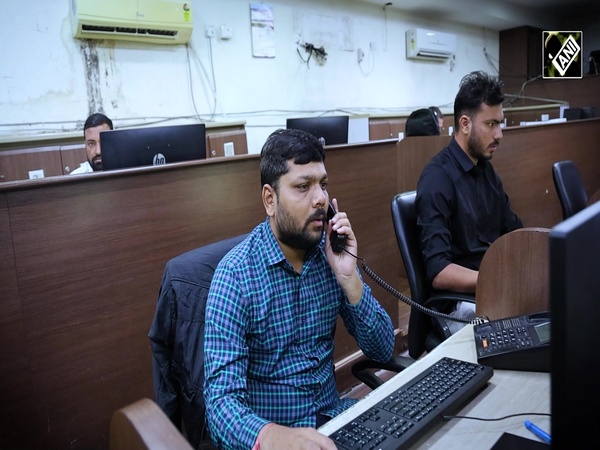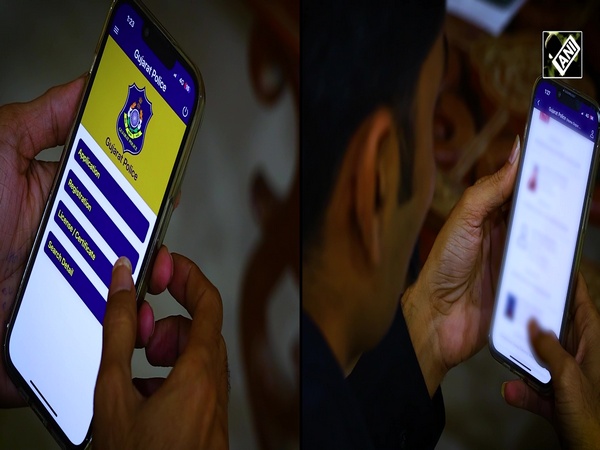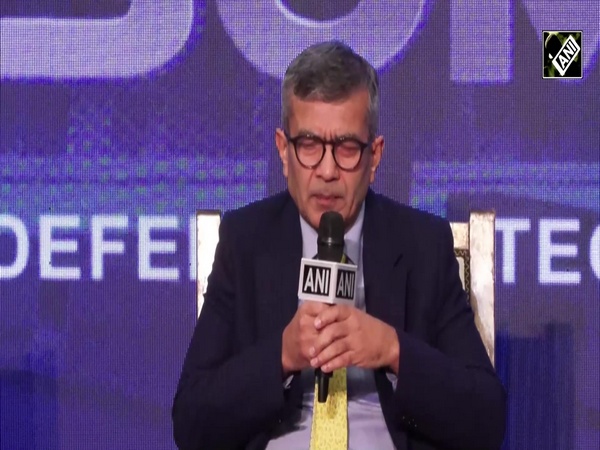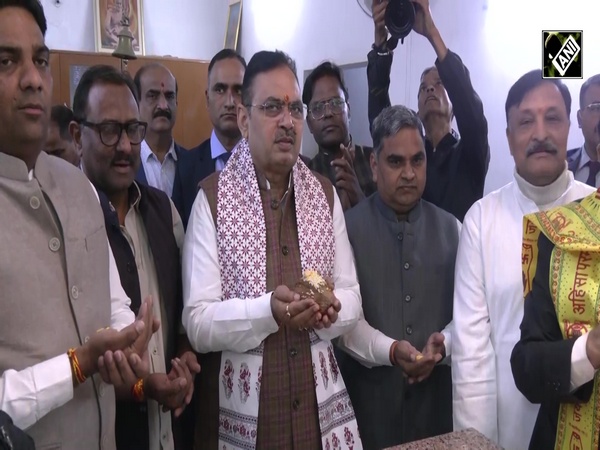Eid-al-Adha: Ajmer market booms ahead of festival with goats ranging upto Rs 2 lakh
Jun 04, 2025

Ajmer (Rajasthan) [India], June 4 : Ahead of Eid-al-Adha, Ramganj-based goat market in Ajmer has turned into a hub of excitement and high-end livestock trading. With goats priced from Rs 15,000 to a staggering Rs 2 lakh, some of these four-legged stars are even outpricing the latest iPhones.
The spotlight is firmly on the majestic Sirohi breed, also known as the Ajmera breed. This breed is known for its impressive build and regal look, drawing buyers and sellers from across the country.
At the goat market, traders selling goats shared that different breeds have arrived at the mandi. Most traders come from places like Sirohi, Nagaur, and Haryana, while buyers also come from various states, including Delhi, Surat, and Mumbai, to purchase the animals for rituals.
A goat seller, Rameez, said, "This goat of the Ajmera breed is priced at Rs two lakhs. There is no other goat like this in this mandi today."
Speaking about the diet of such premium goats, sellers mentioned that these goats are fed luxurious items like cashews, almonds, fruits, and a variety of special foods. The daily expense of feeding these goats ranges from Rs 300 to Rs 500.
Iqbal Ahmed, the vice-president of the mandi, stated that the market is quite famous because it is located in Ajmer, the city of Khwaja Garib Nawaz. Situated on Ramganj Highway, the mandi is crowded with traders and shopkeepers, especially as Eid-al-Adha approaches. A large number of people from the Muslim community have arrived to purchase goats for Qurbani (sacrifice) on the occasion.
This year, Eid-al-Adha will be celebrated on May 7 in India. The holy festival of Eid al-Adha, also known as the 'festival of sacrifice' is celebrated on the 10th day of Dhu al-Hijjah, the 12th month of the Islamic calendar.
Eid al-Adha is the second Islamic festival of the year and follows Eid al-Fitr, which marks the end of Ramadan, the holy month of fasting. The date changes every year, as it's based on the Islamic lunar calendar, which is about 11 days shorter than the Western 365-day Gregorian calendar. It is celebrated as a commemoration of Prophet Abraham's willingness to sacrifice everything for God.
